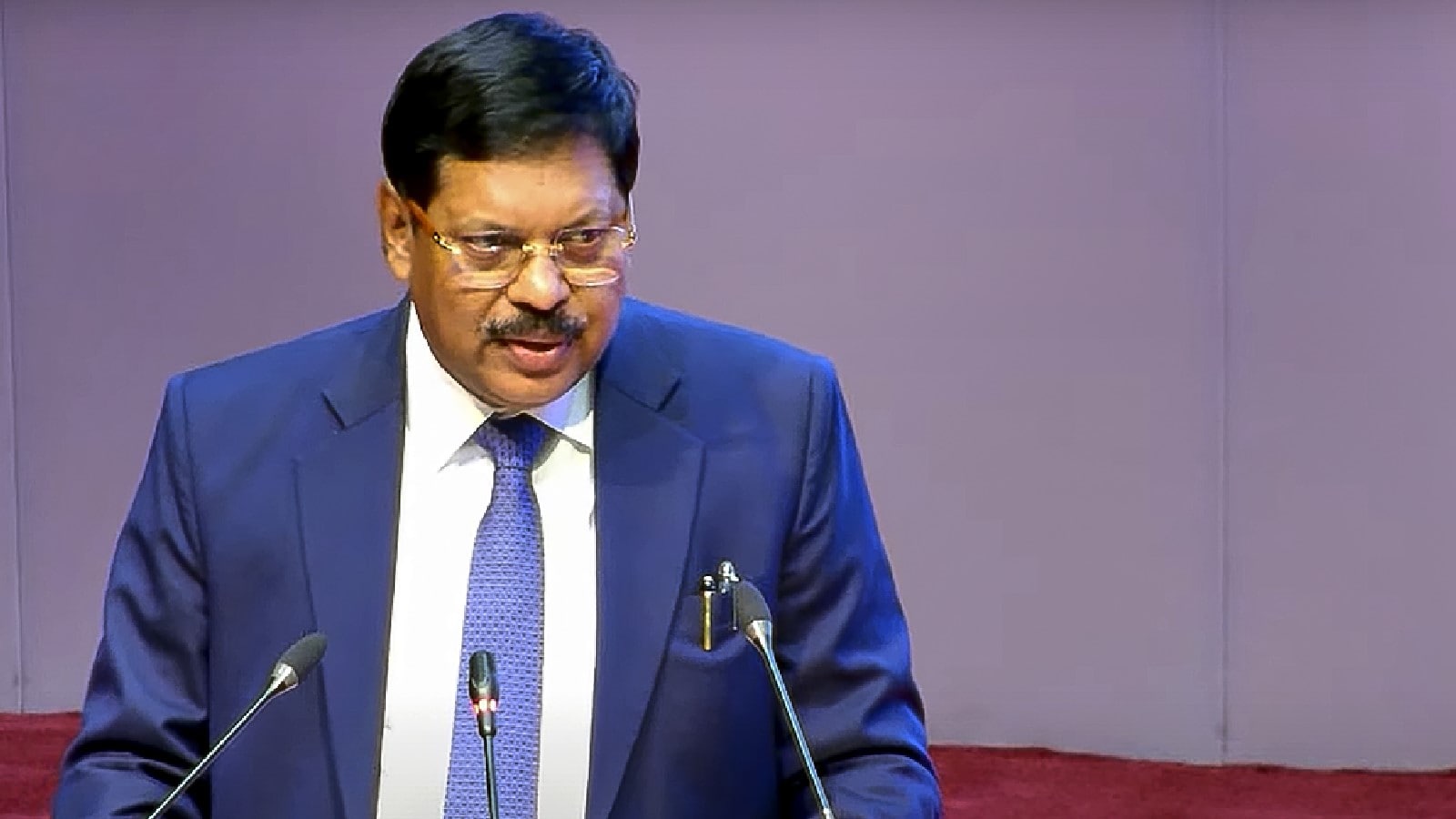VAR Under Fire: Premier League Official Slams Technology as 'Ruining Football'

A bombshell has dropped in the world of English football as a Premier League official has publicly voiced his strong disapproval of Video Assistant Referee (VAR) technology. Bobby Madley, a respected figure within the league, has gone as far as to say he “hates” VAR, claiming it’s causing “panic” and fundamentally altering the beautiful game.
Madley’s comments come amidst ongoing debate and frustration surrounding VAR’s implementation and impact on the Premier League. The technology, intended to correct clear and obvious errors, has frequently been criticised for inconsistencies, delays, and subjective interpretations that often leave fans and players alike bewildered.
His most striking assertion is that iconic moments in football history, like Sergio Aguero's unforgettable last-gasp title-winning goal for Manchester City against QPR in 2012, simply wouldn't be possible in today’s VAR-dominated era. “I think moments like Aguero’s goal, where Manchester City won the league, couldn’t happen now,” Madley stated bluntly. “VAR has taken that spontaneity and that feeling away from the game.”
Madley's criticism highlights a key concern: the erosion of the raw emotion and unpredictability that make football so captivating. The constant threat of VAR intervention, often for marginal decisions, can stifle attacking play and create a tense, hesitant atmosphere on the pitch. Players are less likely to take risks, knowing a potentially game-changing moment could be overturned on review.
The debate surrounding VAR extends beyond individual incidents. Critics argue that the technology is overly intrusive, disrupts the flow of the game, and often fails to provide the clarity it promises. While proponents maintain that VAR helps ensure fairer outcomes, the reality is that it has created a new layer of controversy and frustration.
Furthermore, the subjective nature of some VAR decisions continues to be a major point of contention. Different referees interpreting the same footage in different ways leads to inconsistency and undermines the integrity of the process. This inconsistency fuels fan anger and erodes trust in the officials.
Madley’s outspoken views are likely to reignite the debate about VAR’s future in the Premier League. Calls for reform, including a reduction in the number of reviews or a change in the criteria for intervention, are growing louder. The Premier League faces a critical decision: either significantly improve VAR’s implementation or risk further alienating fans and damaging the sport's reputation.
The question remains: can VAR be refined to achieve its original purpose of enhancing fairness without sacrificing the excitement and spontaneity that define football? Or is it time for a radical rethink of its role in the game?






